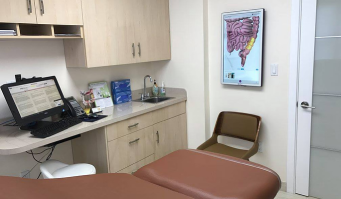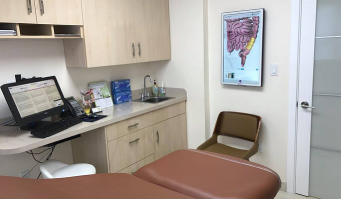GERD & Heartburn
- Over 1000 5 Star Reviews
- Personalized Care
- Award Winning GI Specialist
What Is GERD & Heartburn
Gastroesophageal reflux disease (GERD) is a digestive disorder affecting the lower esophageal sphincter (LES), a muscular ring controlling the passage between the esophagus and stomach. When this muscle weakens or relaxes inappropriately, stomach acid can flow back up into the esophagus, causing heartburn and acid indigestion. While the precise cause of GERD remains unclear, some cases may be linked to a condition called hiatal hernia. Fortunately, most individuals can find relief through dietary and lifestyle modifications. However, medication or surgery may be necessary in certain circumstances.
Causes of Acid GERD & Heartburn?
The term “gastroesophageal” describes the connection between the stomach (“gastro”) and the esophagus (“esophagus”). Reflux refers to the movement of a substance backward or upward. Thus, gastroesophageal reflux occurs when the contents of the stomach flow back into the esophagus.
During normal digestion, a muscular valve called the lower esophageal sphincter (LES) opens to allow food to pass into the stomach. Once the food enters, the LES closes tightly to prevent stomach contents, including acidic juices, from flowing back up into the esophagus. However, when the LES weakens or relaxes inappropriately, it can no longer effectively prevent this backflow, leading to the experience of gastroesophageal reflux.
symptoms of Heartburn?
Heartburn: The Most Common Symptom
The hallmark symptom of GERD is heartburn, often described as a burning chest pain originating behind the breastbone and radiating upwards towards the neck and throat. Many experience it as a sensation of food regurgitating into the mouth, leaving a sour or bitter taste.
This burning, pressure, or pain can persist for up to two hours, often worsening after meals, lying down, or bending over. Standing upright or taking antacids to neutralize stomach acid typically provides relief.
While heartburn pain can mimic that of heart disease or a heart attack, there are key distinctions. Heart disease pain may worsen with exercise and improve with rest, while heartburn is less likely to be affected by physical activity. Nevertheless, due to the potential for misdiagnosis, it’s crucial to seek immediate medical attention for any chest pain.
Additional Symptoms:
Beyond heartburn, individuals with GERD may experience:
- Nausea
- Bad breath
- Difficulty breathing
- Swallowing difficulties
- Vomiting
- Tooth enamel erosion
- A lump in the throat
Nighttime acid reflux can further manifest as:
- A lingering cough
- Laryngitis
- Sudden-onset or worsening asthma
- Sleep disturbances
Diagnosis of GERD?
- Endoscopy
- Upper GIseries
- Esophageal manometry and impedance study
- pH testing
Treatment of GERD?
- Antacids
- H2 blockers
- Proton pump inhibitors (PPIs)
- Prokinetics
- Diet
- Lifestyle Changes

“Thank you for visiting Forest Hills Gastroenterology & Liver Disease, my goal is to treat my patients in a highly personalized manner and I am dedicated to give you the utmost attention and respect that you deserve. For more infromation on this disease or to schedule a consultation with me, please give us a call or book a tele-health appointment online.”
Albert Shalomov
Dr. Albert Shalomov, MD
Disclaimer: Educational Infromation, Not Medical Advice
It’s important to remember that the information provided here is intended for educational purposes only and should not be misconstrued as definitive medical advice. Always seek the guidance of a qualified gastroenterologist for accurate diagnosis and treatment of any specific gastrointestinal condition. Only trained healthcare professionals can provide personalized recommendations and ensure your well-being.




